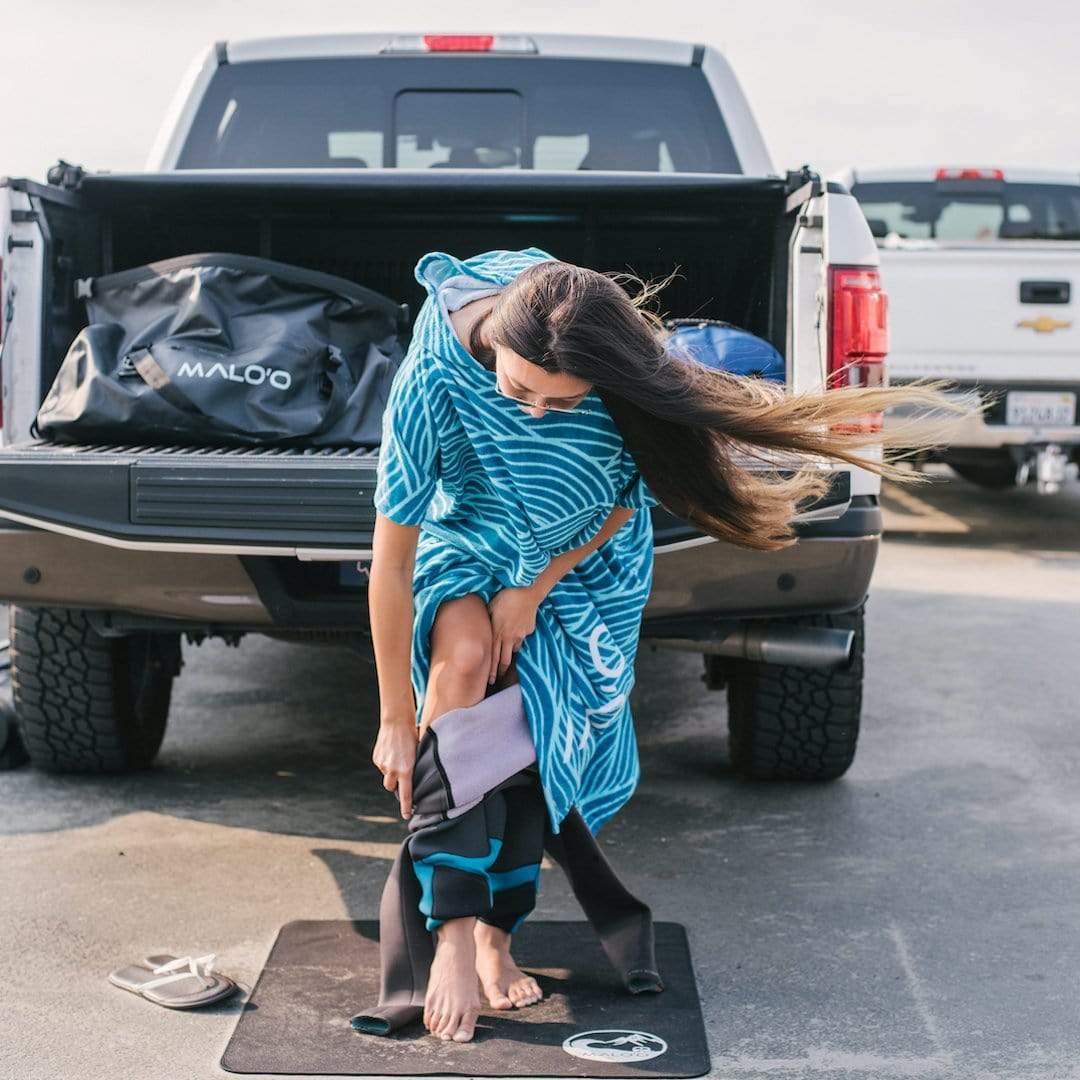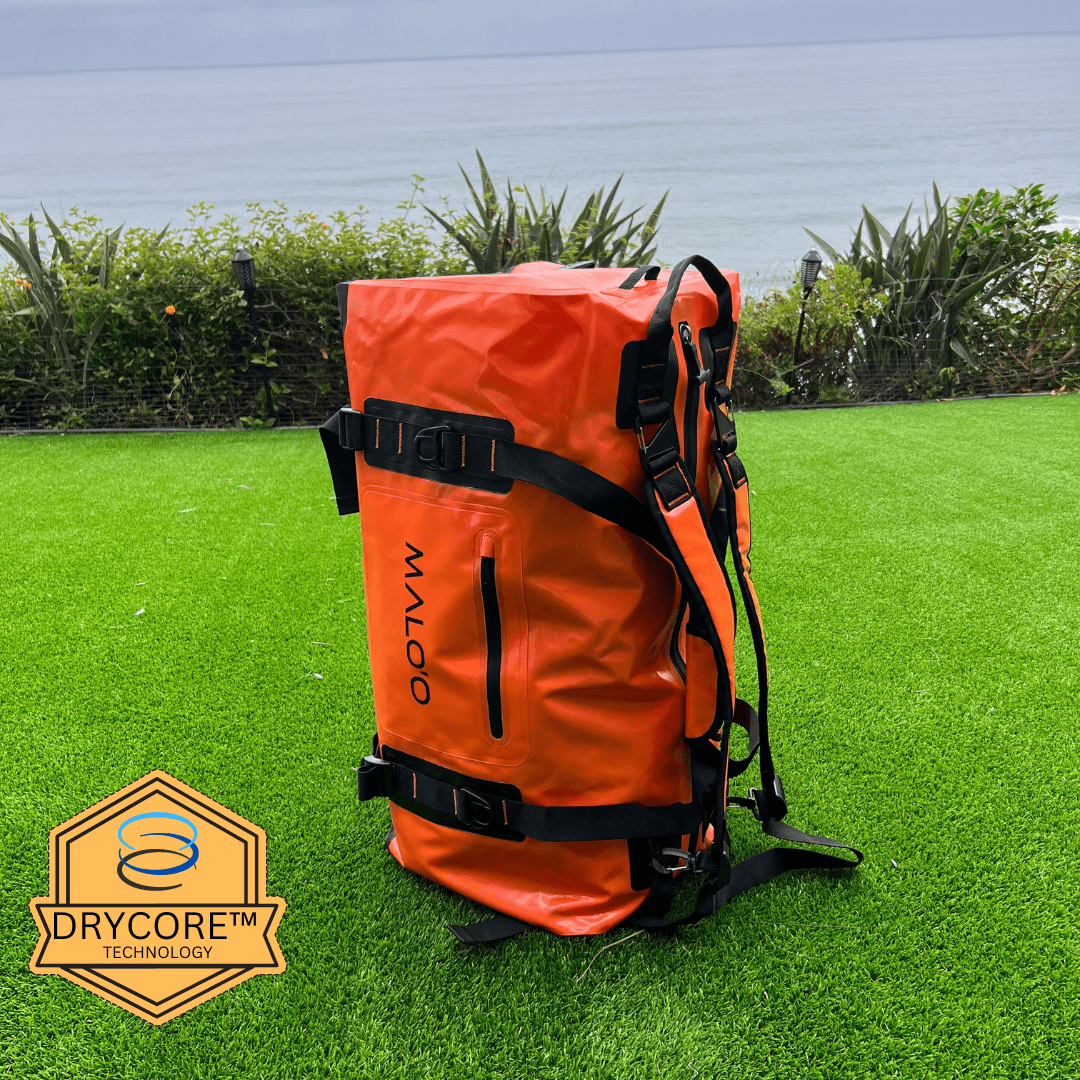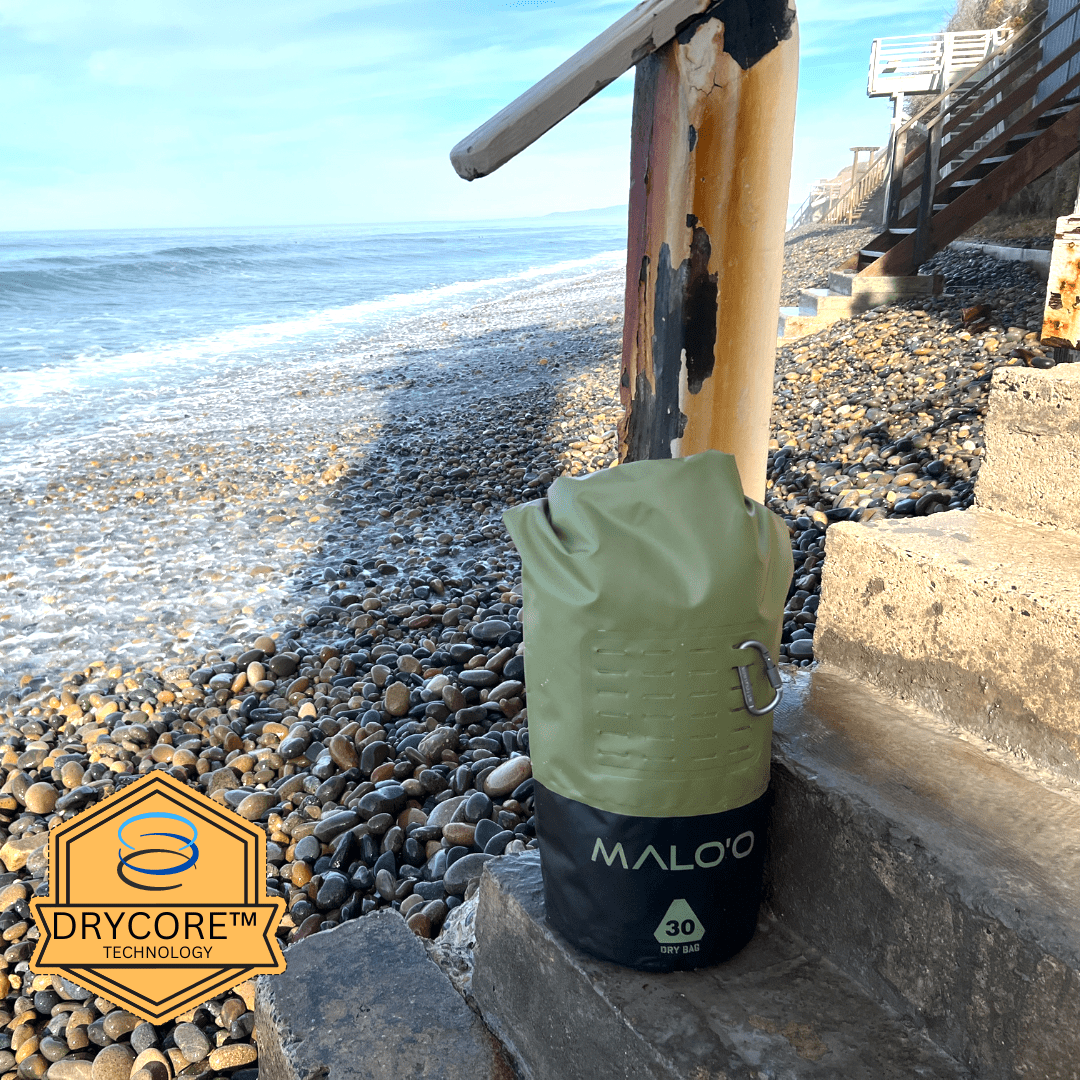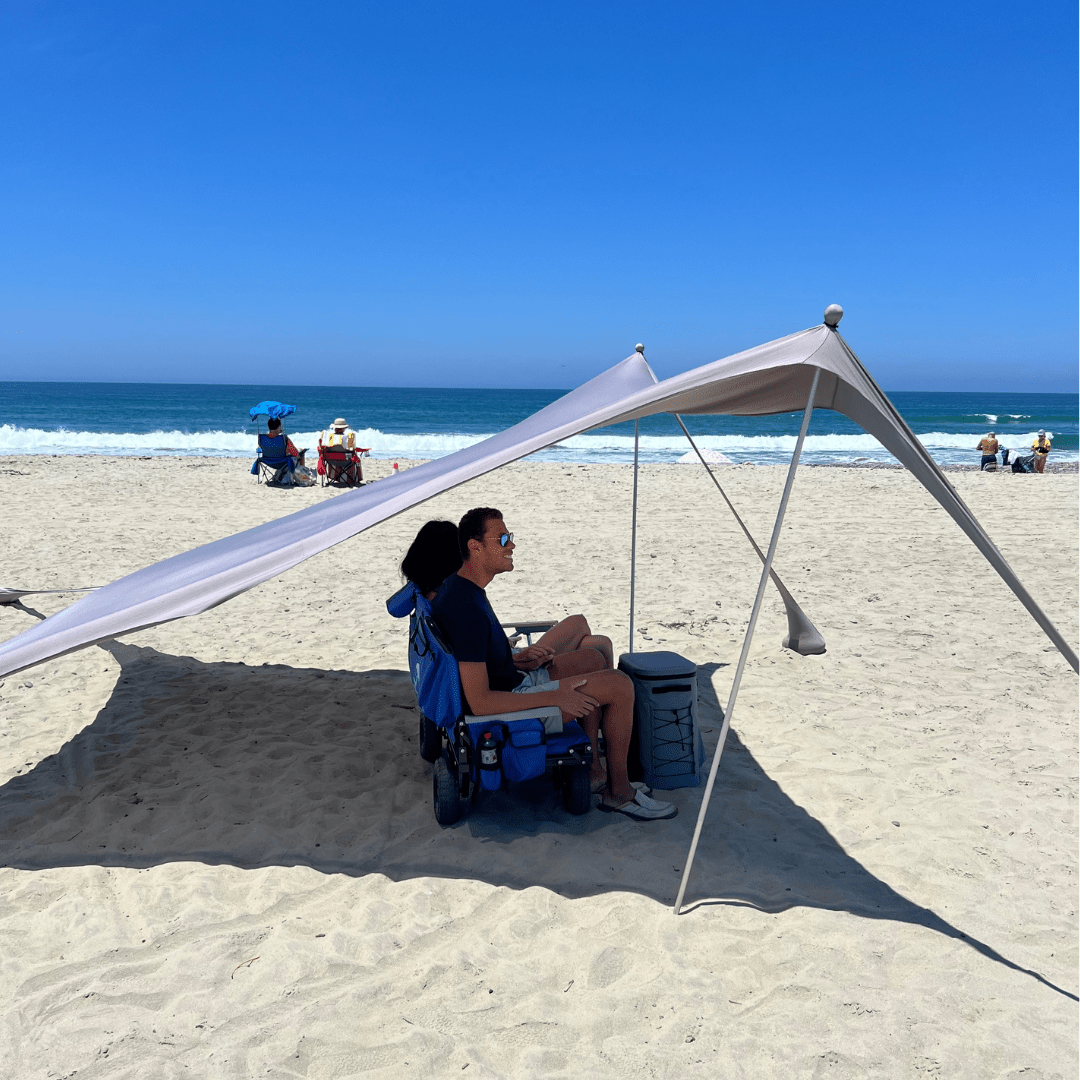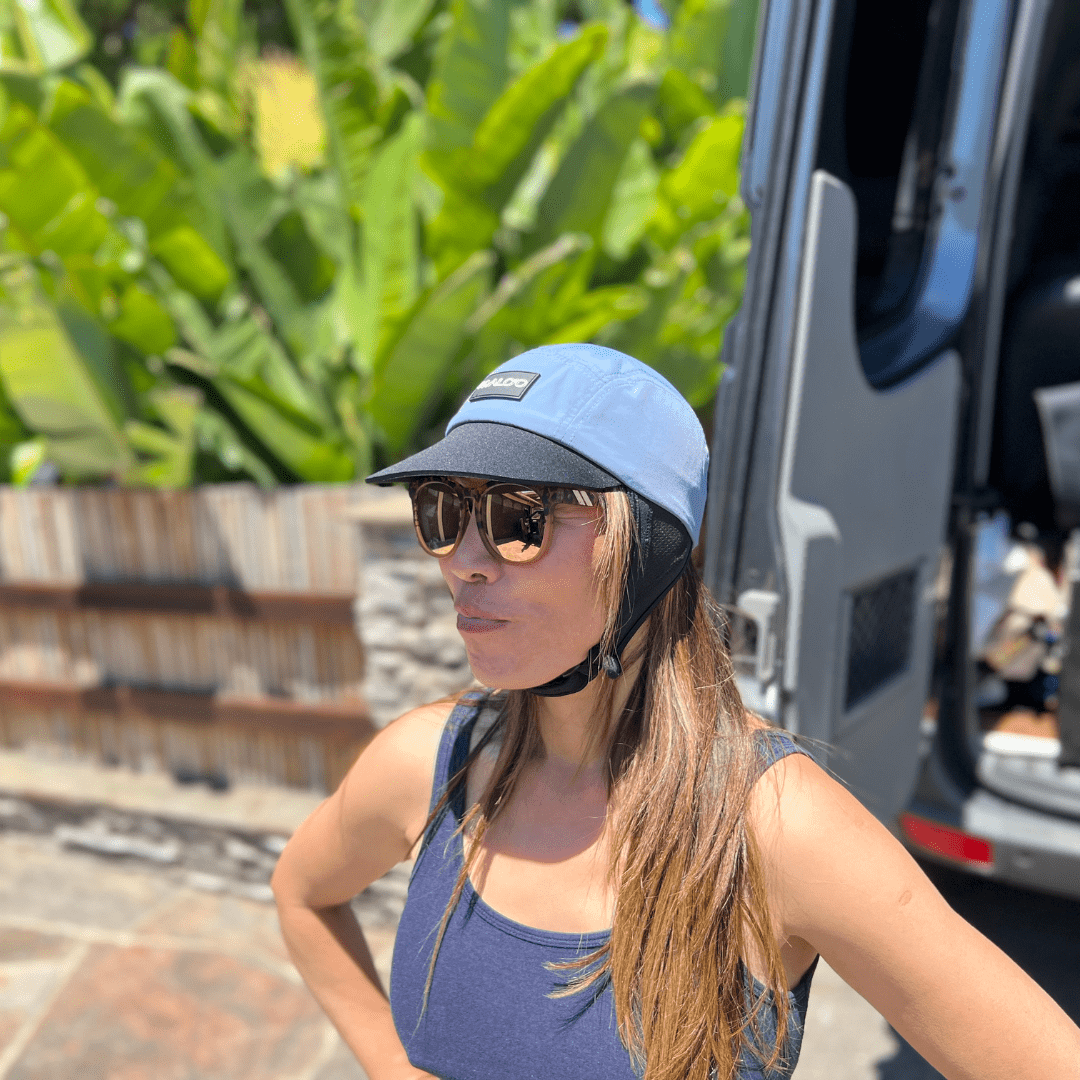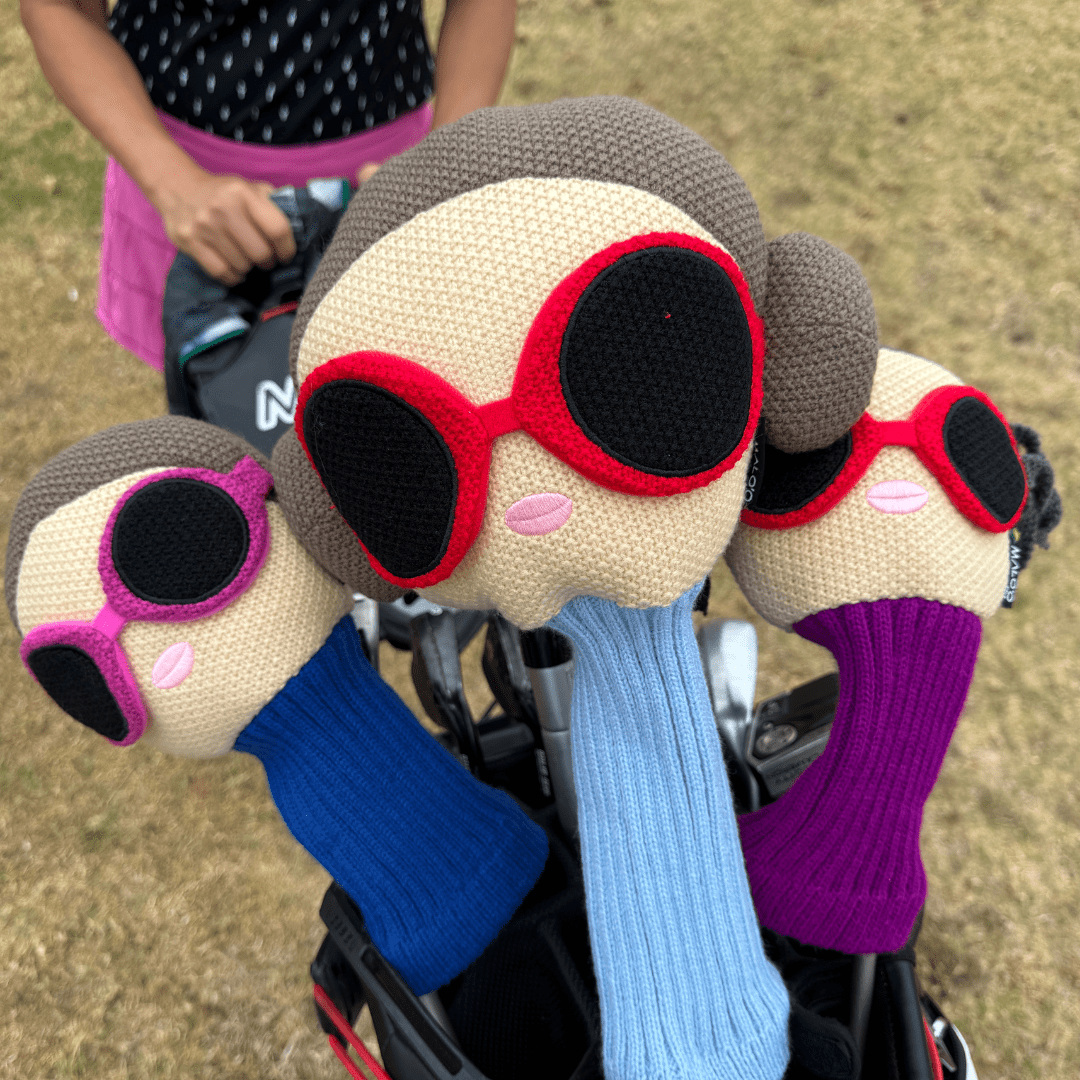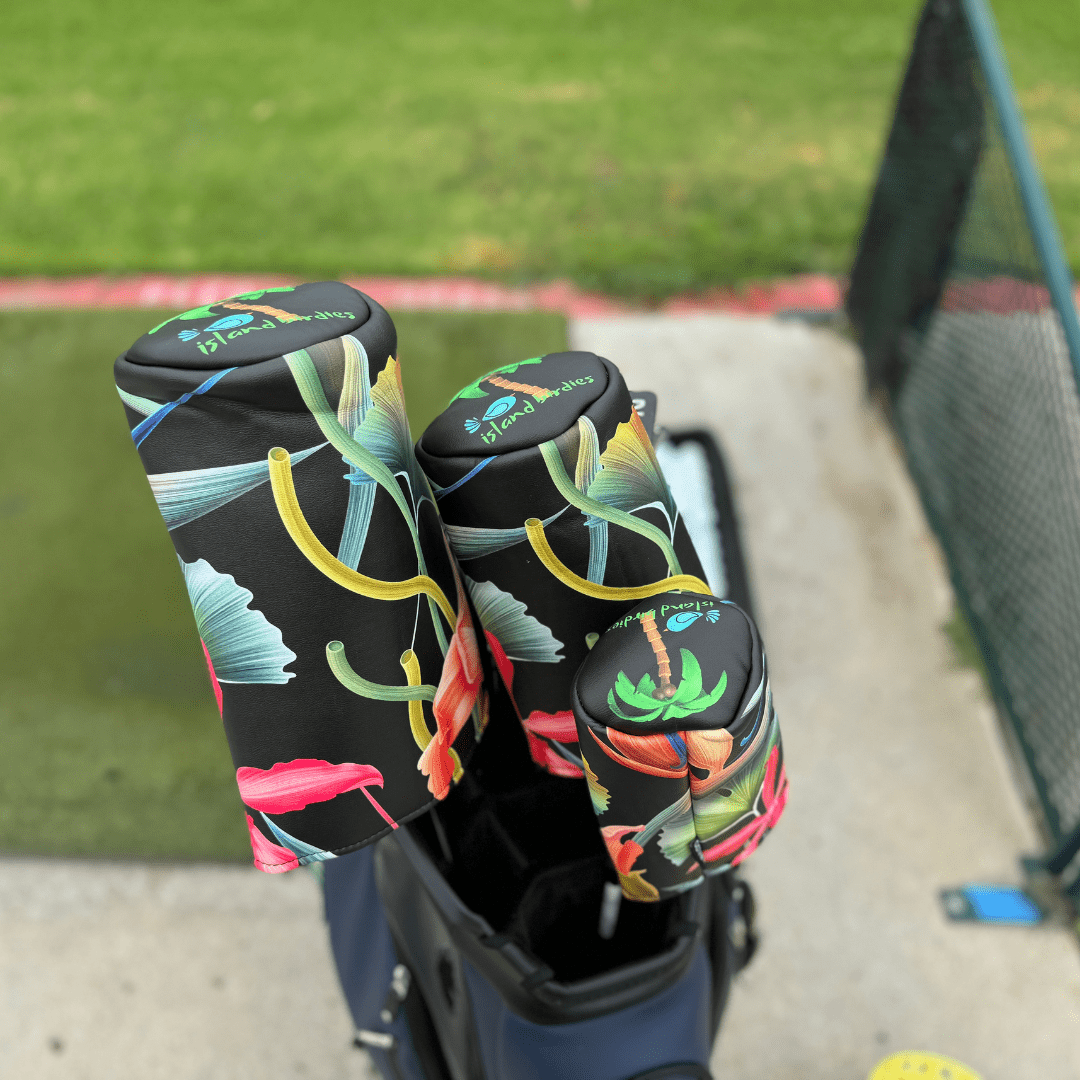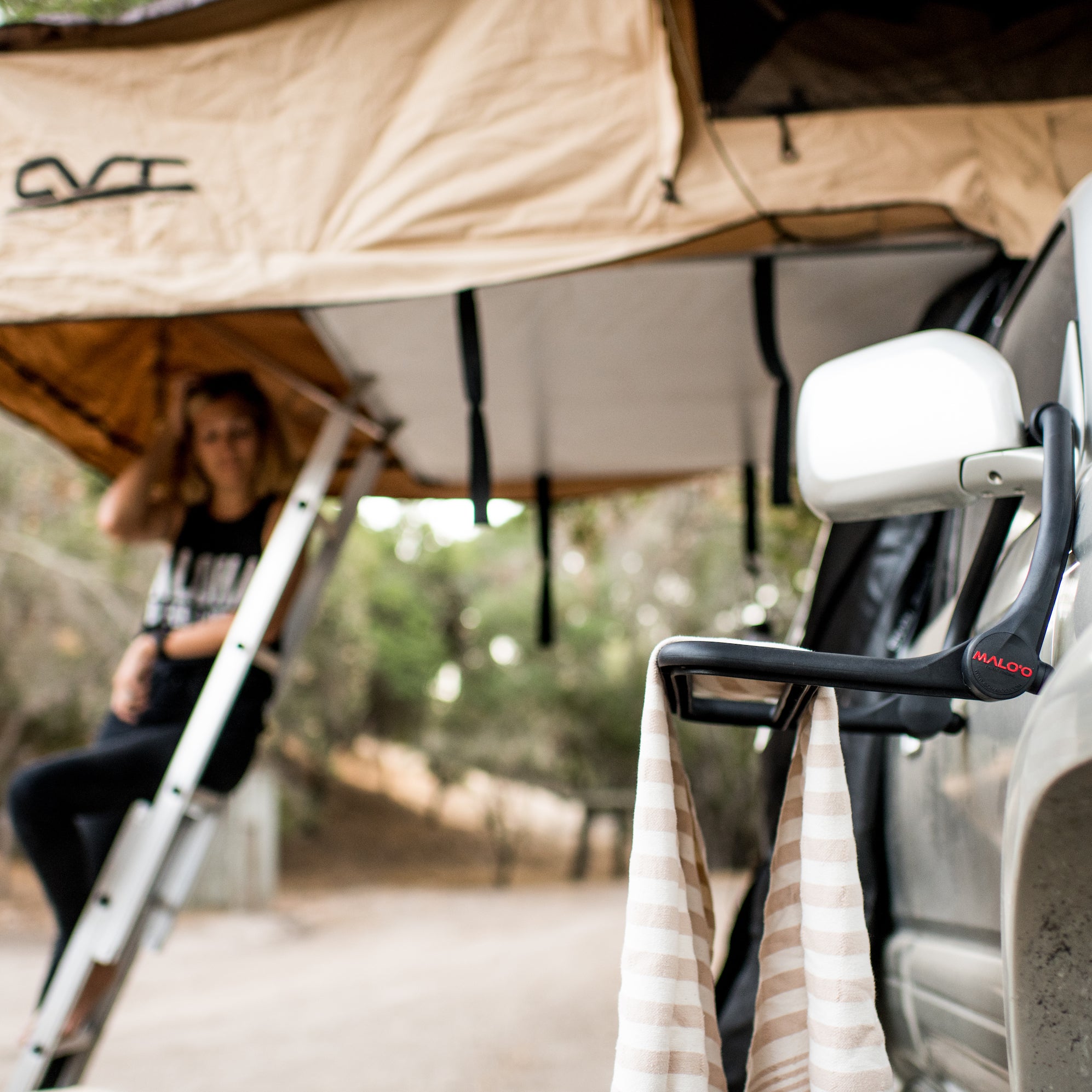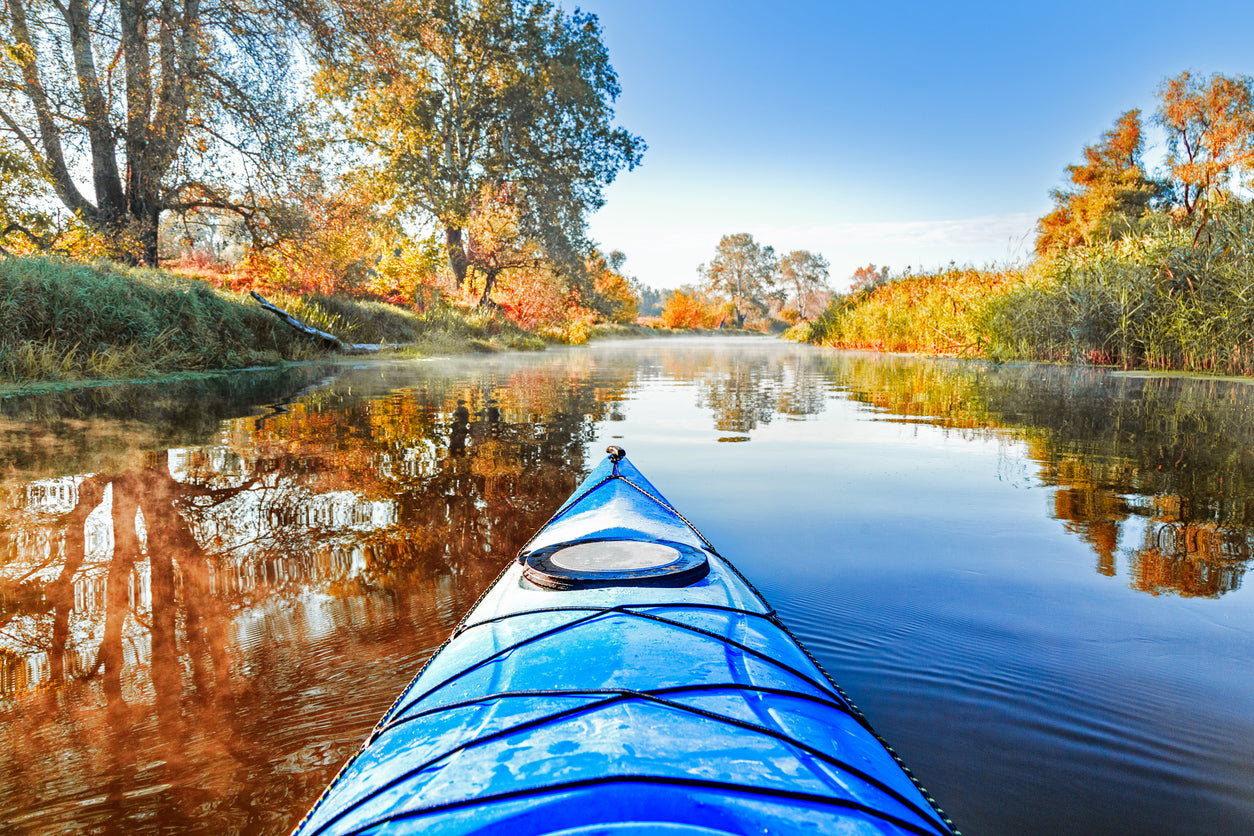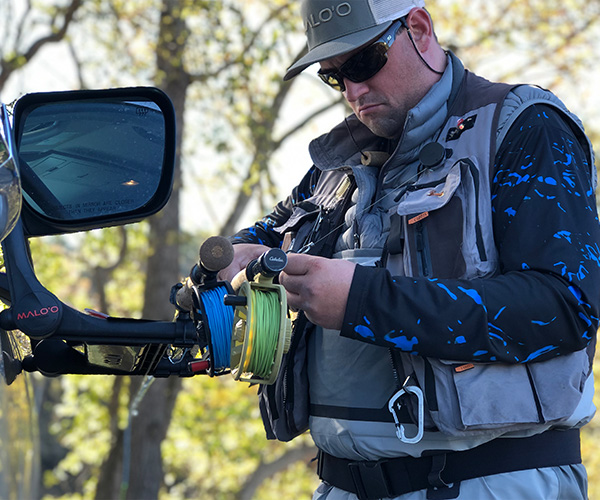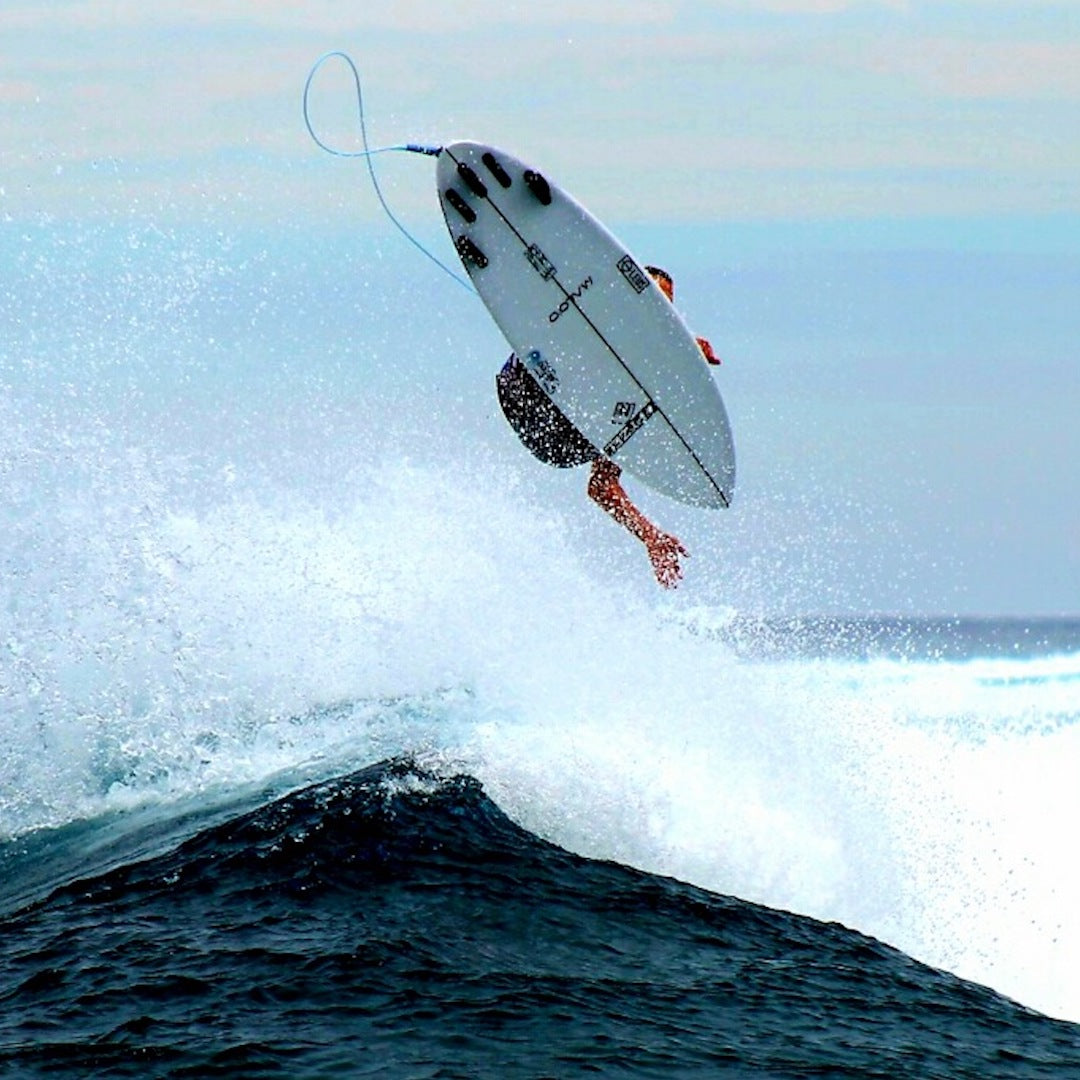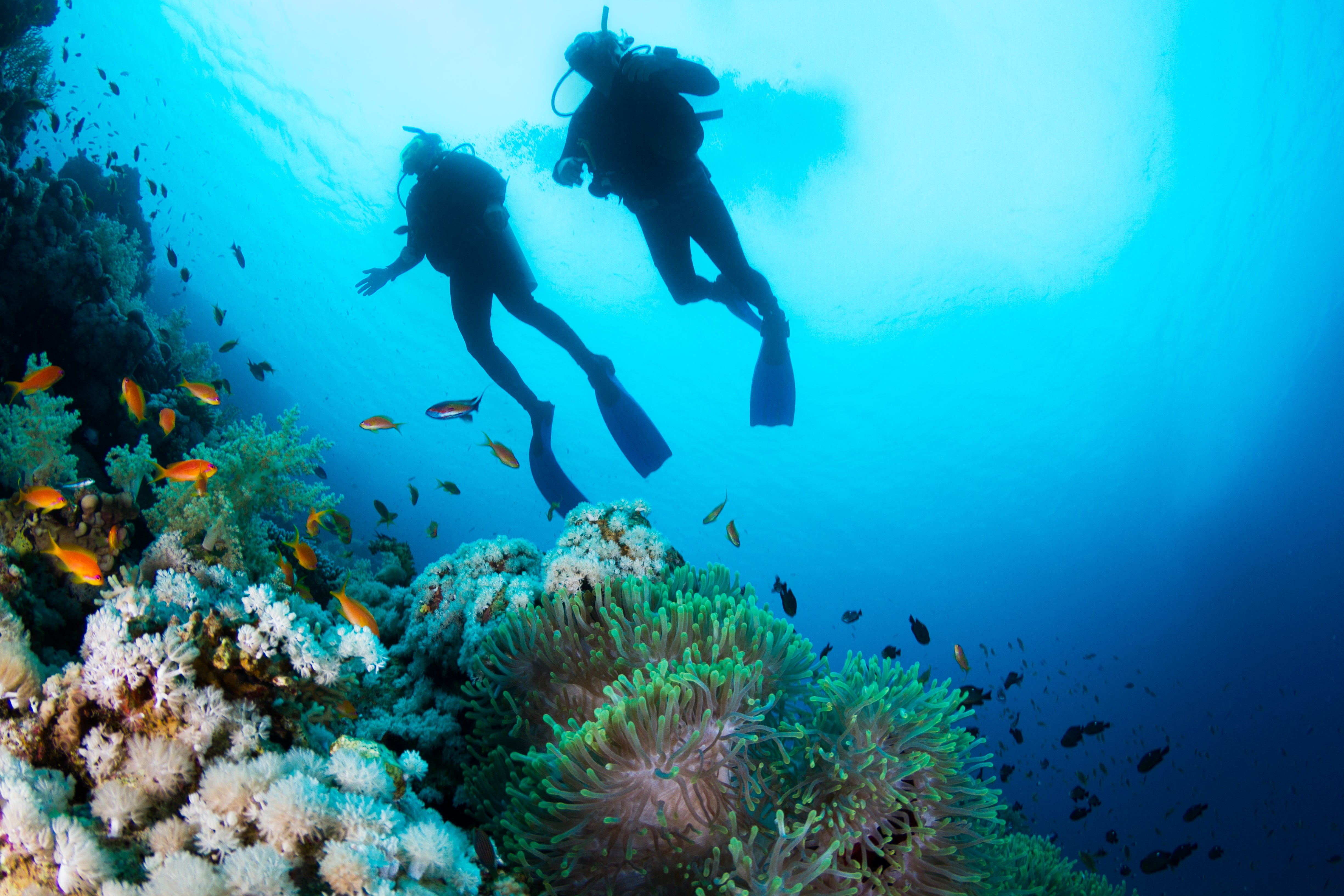
Scuba diving is a sport as well as an adventure. It can help you discover, explore and appreciate nature's beautiful, exotic and surprising, undersea world. There are elegant, colorful and fascinating plants, animals and land forms people see for the first time when they go scuba diving. Each dive is a new adventure whether it's diving with whale sharks, exploring the warm Caribbean Sea or experiencing the exotic fish, plants and other underwater lifeforms off Australia's coast. Communing with some of nature's most amazing, unique, lifeforms is an exhilarating experience.
Other Benefits Of Diving
Diving in scuba gear does more than provide an interesting and exciting underwater experience, it also provides several other very important benefits. Some of those benefits include having a positive effect on a person's physical, psychological and emotional health. Diving improves concentration, relieves stress, relaxes the whole body, and is an excellent form of exercise and an amazingly peaceful sensory experience. The weightless marine environment teeming with sea creatures with sinuous movements both near the shore and out in the deep blue sea. This underwater environment heals you.
Top 10 Essentials For Scuba Diving
Slipping into clear, cool, waters with your fins, scuba mask and snorkel and gliding along in this fascinating underwater world can be peaceful, safe and fun. However, there are 10 essentials anyone going undersea diving should have if they want to fully enjoy the experience. Those 10 essentials are:
1. A Strong, Full-Sized, Scuba Gear Bag
Every diver needs to have a strong, full-size gear bag so they can organize, protect and transport their scuba gear. A good choice is dive-specific luggage custom-built to protect your dive gear. It must be able to withstand sun, saltwater and rough baggage handlers. Many divers opt for slightly smaller, full-sized, dive luggage that's lighter and can meet the new stricter airlines luggage restrictions. The bag must be big enough and suitable for holding masks, tanks, scuba regulators, fins and wetsuits and comfortable and durable enough to carry anywhere your diving adventures take you.
2. A Excellent Dry Bag
Dry areas are hard to come by on a dive boat. You need an airtight dry bag to hold, protect and keep your clothes, wallet, cell phone and towels dry even, if it falls overboard. The dry bag should be able to seal tight enough to keep out water and moisture. However, it should also be small enough to fit into any nook on small dive boats. Dive boats are generally a damp environment. A good dry bag means you can quickly change into dry clothes and go when you get ashore.
3. Good Quality Dive Lights
Diving on a reef after dark is an unforgettably unique experience. To safely dive after dark, you need a good dive light. Your dive light is also useful for peering into dark crevices, caves and wrecks during the day. There are a number of perfectly-sized dive lights that can easily fit in your pocket or your dive bag and help you to be prepared for whatever type of exciting diving environment you encounter.
Check them out regularly to ensure they are in proper working order. Good quality, durable, easy to use, dive lights often last for years.
4. A Compass
The underwater world is vast and it's easy to lose your bearings if you are not paying attention. A compass can guide you back to the boat if you become separated from your group or instructor. Experienced divers are really hard to impress, but if you wander off by yourself and are able to return to the boat without surfacing, they will regard you with respect. Plus, having a compass can save your life if you become disoriented or lost at night or during the day while diving. Whether you choose a cutting-edge digital compass or a good, old-fashioned one, they can help you get back to the boat as well as sharpen your navigation skills.
5. Surface Signaling Devices
Just about every diver occasionally is drawn down-current and surfaces far from the dive boat. It can be a pretty lonely and frightening feeling. While it's impossible to prevent it from happening, savvy divers prepare for it by purchasing and always diving with good surface signaling gear. Diving experts recommend divers have an ear-splitting whistle, a signaling mirror and an inflatable signal tube that's tall enough to be seen from a distance. This is standard equipment you should have with you on every dive.
6. GPS Rescue Device
For almost any diver, getting lost at sea can be a nightmare. To keep your mind at ease, get yourself a GPS-enabled rescue signaling device. Once activated the rescue signaling device will send your GPS position to nearby boats. The GPS-enabled rescue device floats and it can be taken to as far as 425 feet. Having one of these devices can mean the difference between life and death for lost, stranded divers. The GPS system in it enables rescuers to know exactly where you are and be able to quickly get to you.
7. Good Parts And A Tool Kit
Every diver should make sure they have the right tools and backup parts so leaky fittings, blown O-rings and other minor gear failures doesn't ruin their dive trip. Being prepared to do some basic field repair means minor gear failures won't prevent you from enjoying a dive you may have been looking forward to and preparing for months in advance. It can prevent you from being on the dive boat or the dock because of faulty equipment. With the right tools and backup parts, basic field repair that can save your dive trip is fast and easy.
8. A Dive Knife
The dive knife is a very important piece of dive equipment. A quality dive knife holds a sharp edge for a very long time and is made of materials that resist corrosion. Many improvements have been made to dive knives over the past few decades. However, it remains an essential emergency tool divers need to cut everything from fishing line or netting entangling you or a marine animal, to abandoned nets and ropes, underwater plants, as well as entanglements like rope, netting and other things people encounter while wreck diving. During strong currents, dive knives can help divers anchor themselves to the seafloor.
9. A Tank Banger
Divers know the sound of tank bangers well. The clank! clank! of tank bangers means the dive master is pointing out a beautiful, dangerous or incredibly unique flora or fauna or it's a way for divers to capture another diver's attention. A tank banger can help to save lives and protect divers' health and safety by letting people signal others when they need help or have something valuable, rare or spectacular to which they want to draw the attention of other divers. Tank bangers are inexpensive and absolutely necessary for all divers to have.
10. A PADI Diver Training Video, App Or Certification
The Professional Association of Diving Instructors (PADI) is the top scuba diver training organization in the world. Their diver training materials provide step-by-step training for new divers. Watching their videos, using their app, or getting certified is a safe, fast, easy and inexpensive way people can begin learning the skills and techniques every diver must know. PADI has trained and certified over 27 million divers worldwide. Their diver training videos or app is a 'must have' for new divers who want to learn the basics of diving from the comfort of their homes.
Please be safe when diving and enjoy!
